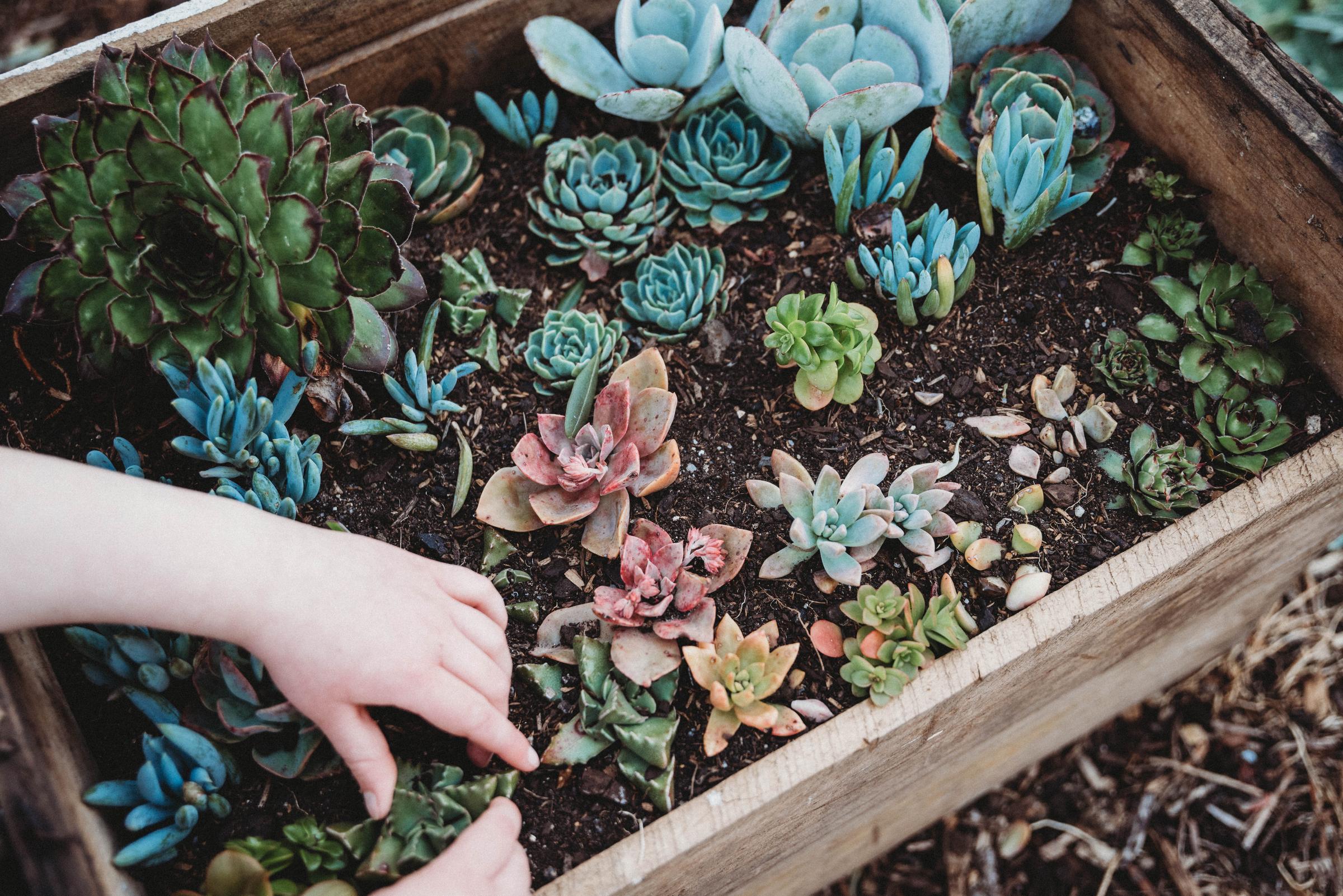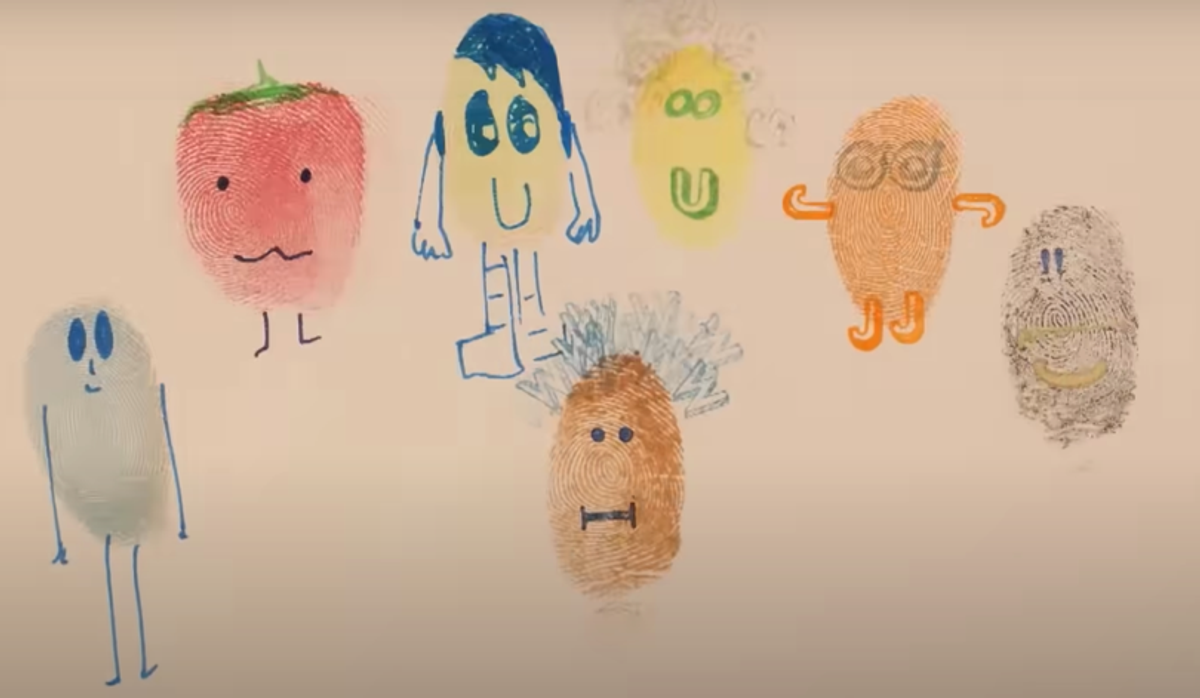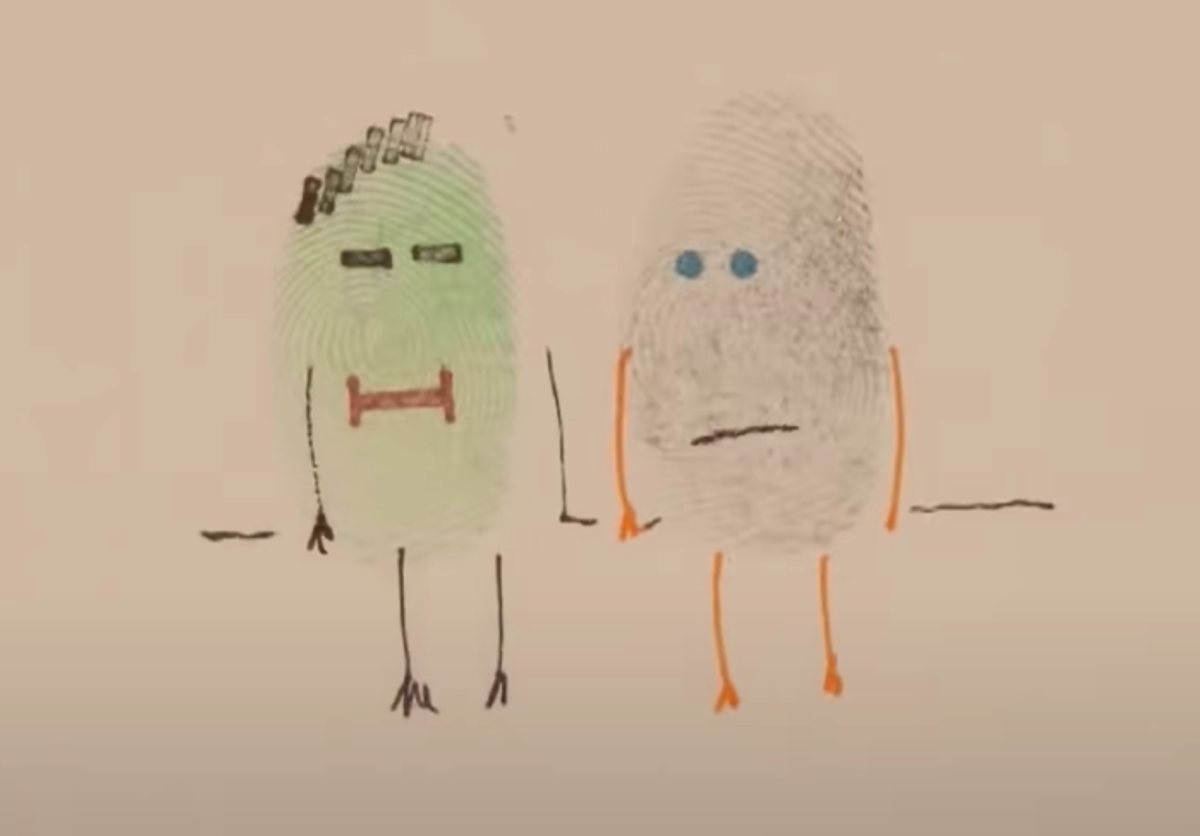Wellbeing with Mr Lindsay

Wellbeing at Teesdale Primary School
Hi Families,
This week I wanted to touch on the ways in which you can support the wellbeing of your child/ren.
A quick google search about the evidence of improving wellbeing will show you that starting the conversation with your child about their wellbeing early, will provide your child the tools needed to navigate through a range of situation they will face as they grow.
When discussing wellbeing, I’m referring to the physical, mental, emotional and social health of our young people and it’s important for parents, guardians, carers and educators to foster positive wellbeing in our children from an early age.
Because a range of different elements contribute to children’s wellbeing, there are lots of ways that we can help support their wellbeing. Being a good role model for them and teaching them to improve their wellbeing are some of the most effective ways to help foster a positive attitude towards wellbeing.
Here are some key components to consider when reflecting on the wellbeing of your child.
Physical activity
Exercise is an essential part of staying healthy in both mind and body for everyone, and especially for children. Exercise encourages a positive mood and is a brilliant way to release stress. Help children get outside into the fresh air after a day of sitting, thinking and learning. You can either encourage them to play a sport or even just get out and play.
Technology time
Because there is so much technology available to children these days, it's more important than ever to limit the time they spend looking at screens. Setting clear and consistent guidelines from an early age makes it easier to reinforce these limits and create good habits later in life.
Positive relationships
Developing positive relationships with others is very important for children's wellbeing. The benefits from spending time with friends and family are that they learn to share, compromise, and listen, as well as developing conflict resolution skills.
Sleep
Never underestimate the power of a good night's sleep! It's an important part of maintaining good mental and physical wellbeing. Ensuring your child gets enough sleep each night is one of the most important practises you can develop as a parent. For younger kids, start by establishing a night time routine, like having a bath, reading a story or listening to quiet music.
Build resilience
This is one of the most important qualities to develop in children. The ability to learn from mistakes and accept feedback, be persistent and not give up easily will help maintain a positive wellbeing. This can help kids bounce back and move past mistakes and problems, and develop a growth mindset.




